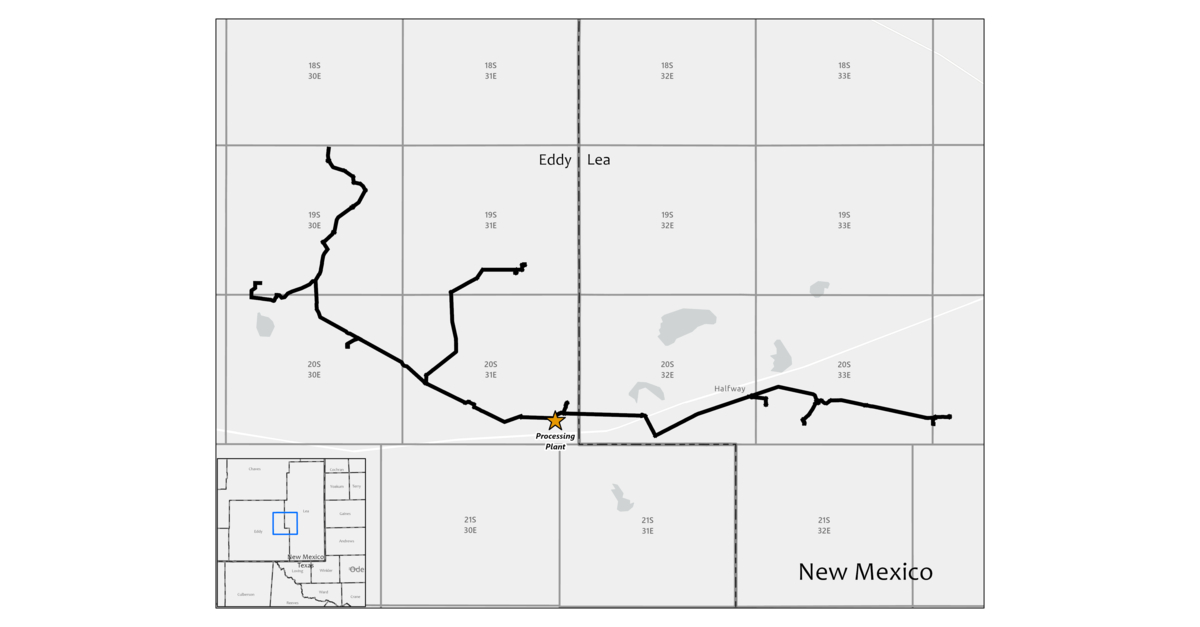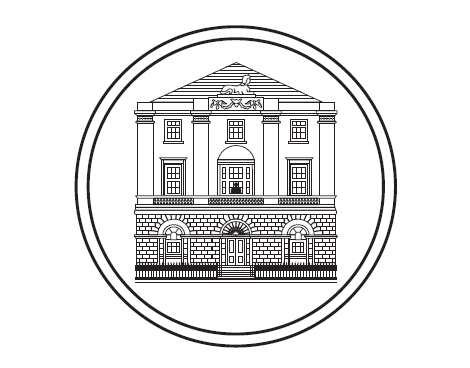(TNS) – It all started at a kitchen table on Orchard Street during the Great Depression.
It was in 1937 that a group of teachers, discouraged by the big banks that had failed and caused economic collapse, decided to pool their money, turn their backs on traditional banking and found their own credit union, the Racine Teachers Credit Union.
It was the foundation of what is now Educators Credit Union, which is still based in the Racine area but has a footprint in southeastern Wisconsin.
WHAT IS A CREDIT UNION?
A credit union is a non-profit financial cooperative owned by its members. The first credit unions emerged in Europe in the late 1800s and focused on the principles of self-help and self-responsibility. The movement spread across the United States, often organized by employees within organizations that later expanded to include communities of like-minded people.
As the credit union movement headed to Wisconsin, 10 Racine teachers looking for a place to save and borrow money more efficiently for their families formed the Racine Teachers Credit Union. In its early days, RTCU’s first president, Erwin Wall, housed credit union services in his Orchard Street home, a home that still exists today. There was not yet a fully functional branch.
Members could open accounts, make payments, or whatever else was needed, right at Wall’s kitchen table. The organization’s first “safe” was a metal crate. Everything was done manually.
“It was a very humble start for a billion-dollar organization,” said ECU’s director of community engagement Victor Frasher, who has worked for the credit union for 22 years.
At that time, it was only open to teachers and their families, and it cost $5 to join the credit union.
Over the next 85 years, the organization changed names and continued to grow.
The first “out-of-home” office did not open until 1961 on Washington Avenue. Full-time office hours began in 1968, and the first “branch” office opened in 1972 at the University of Wisconsin-Parkside.
However, one thing that hasn’t changed is the $5 it takes to join the credit union.
“We are not for profit, not for charity, but for service,” Frasher said. “We take this to heart; it’s what we believe in at heart. The communities we serve are very important to us.”
Today, Educators Credit Union has 24 locations in 11 counties: Racine, Kenosha, Milwaukee, Walworth, Washington, Waukesha, Jefferson, Ozaukee, Dane, Green, and Rock.
ECU employs over 500 people and has over 200,000 members who are no longer just teachers, but who work in many other professions.
“It’s a very large financial institution in southeast Wisconsin,” Frasher said. “We have deep roots in Racine. We are always looking to deepen partnerships in the communities we serve.”
CREDIT UNION BENEFITS
Because credit unions focus on the financial well-being of the members they serve, most offer financial counseling and credit enhancement programs.
ECU promotes the financial empowerment of its members.
“We have a whole suite of tools for our members to make sound financial decisions,” Frasher said. “We belong to our members, so we want them to do well financially. If our members are doing well, our credit union is also doing well.”
If the credit union has a good year, the organization rewards loyal members. Frasher said he received more than $100 from the financial cooperative because of his loyalty to rendering services to the credit union.
“The more loyal you are to the credit union, the bigger your rewards will be at the end of the year,” Frasher said. “I don’t know of any financial intuition like a bank returning money at the end of the year.”
The organization has now reached the $3 billion mark in assets. ECU offers custodial accounts, financial aid opportunities, retirement planning and everything in between, Frasher said.
In an article titled “Despite COVID Crisis, Credit Unions Thrive,” the Shepherd Express reported last year, “Wisconsin’s largest credit unions, which often had hundreds of millions in assets just a few years, have grown significantly: Landmark Credit Union represents assets worth more than $5 billion; Summit Credit Union has more than $4.3 billion; UW Credit Union has just passed the 4 billion, up $700 million from the end of 2019; Community First Credit Union brings in more than $3.4 billion; and Educators Credit Union brings in more than $2.6 billion, up from 2. $1 billion a year ago.”
Racine Unified School District Executive Director of Academies and Transformation Alexander DeBaker said in a statement that Educators Credit Union has been an “incredible” partner of the district and Racine Academies for many years.
“ECU provides our students with meaningful experiential learning opportunities where they apply classroom content to real-world challenges, such as working at high school branches of the Credit Union and participating in Reality Check Day” , DeBaker said. “These learning experiences really prepare RUSD students to be college and career ready.”
The ECU also has strong democratic principles, Frasher said. The organization holds an annual meeting open to all members. The ECU Board of Directors reviews an annual report, the objectives of the fund as well as other projects and things going on in the fund.
Members can ask questions, express comments and concerns, directly addressing the ECU Board of Directors.
“It’s a great way to be in tune and hear directly from our members,” Frasher said.
WHY CHOOSE A BOX?
With credit unions, profits are redistributed to members in the form of reduced service costs, lower interest rates on loans, and better access to funds through free ATM networks nationwide. , according to information from a representative of the National Association of Credit Unions. Credit unions are mission-driven and focused on the financial well-being of their members and the communities they serve, rather than being beholden to shareholders which some banks often seem to be.
Low interest rates on loans and higher returns on savings are two well-known benefits of joining a credit union. Credit union members benefit from reduced fees on checking accounts and other financial products. Credit unions are also important for providing education and literacy tools that help members feel confident about their financial well-being.
“Ultimately, what sets credit unions apart is their philosophy: people helping people,” the rep said in a statement. “We call it the credit union difference. Our cooperative, service-oriented banking model propels the work we do, putting people before profit.”
Frasher said some of the first words out of credit union members’ mouths when they meet ECU staff are “oh my god, I love educators.”
“That’s usually what members who have been with us for a while say,” Frasher said. “It’s phenomenal. I don’t know people who say they love their bank. That usually doesn’t happen.”
Allyson Betker, a member of ECU for about 25 years and a volunteer counselor who helps run the Park High School branch, is someone who would fall into the “happy member” category.
Betker originally opened an ECU account when she was 18 because she was heading to college and needed a safe place to put her money. She was making money for the first time with a summer job. Her parents had opened other bank accounts with other financial institutions, but nothing that she took care of.
“Educators attracted me because I didn’t need to have $500 to have a checking account,” Betker said. “It made it affordable and doable for me. I didn’t want my money tied up in an account that I couldn’t touch because I didn’t have a lot of money.”
She said she loves everything about being an ECU member, from the technology available from the mobile app to the website, but particularly enjoys the rewards and loans available.
“I’ve had a whole range of loans that come with being an adult and trying to put things in order,” Betker said. “The educators have really great rates and make the whole process of getting the loans really quick and easy.”
ECU remained Betker’s primary financial institution for herself, her husband and five children. Three of his five children now have their own student accounts, just like Betker started 25 years ago.
“The fact that they (ECU) are opening the door to teaching kids responsibility with money…it’s been a great learning experience for each of them to be able to manage their own money.”
SNEAKERS AND TATS
Victor Frasher, director of community engagement at Educators Credit Union, loves his job so much he has a tattoo of his logo on his leg. Two colleagues got the same matching tattoo three years ago when the organization was honored in Madison for the Governor’s Awards for Financial Literacy.
“We thought, what else can we do?” Fracher said. “We had kind of floated the idea for a while, talked about it for a while, but being in Madison it was a great opportunity to do it.”
The logo, Educators Credit Union’s “Mark of Excellence”, is a representation of ECU’s core values. Each petal of the flower represents one of the values: honesty, integrity, fairness, respect and excellence. The stem of the flower is an “E” for Educators Credit Union.
Shannon Huot, director of experience at ECU, who got a tattoo on her arm, also had a pair of Nike Air Force 1s custom made with the educators’ branding and color scheme.
“She loves it and that’s how she decided to show her spirit for the credit union,” Frasher said. “Many of us have been here for years. It’s a wonderful credit union to work for. We’re very passionate about helping the communities we serve and doing more together. That’s really what we’re trying to do. to do.”
©2022 The Journal Times, Racine, Wisconsin. Distributed by Tribune Content Agency, LLC.





:quality(70)/cloudfront-eu-central-1.images.arcpublishing.com/thenational/CD4Z6TX74EOYX55PSZ2JGSW42U.jpg)


/cloudfront-us-east-2.images.arcpublishing.com/reuters/HC63CUVZ2RJSZFNO5SLDBYKQHY.jpg)



